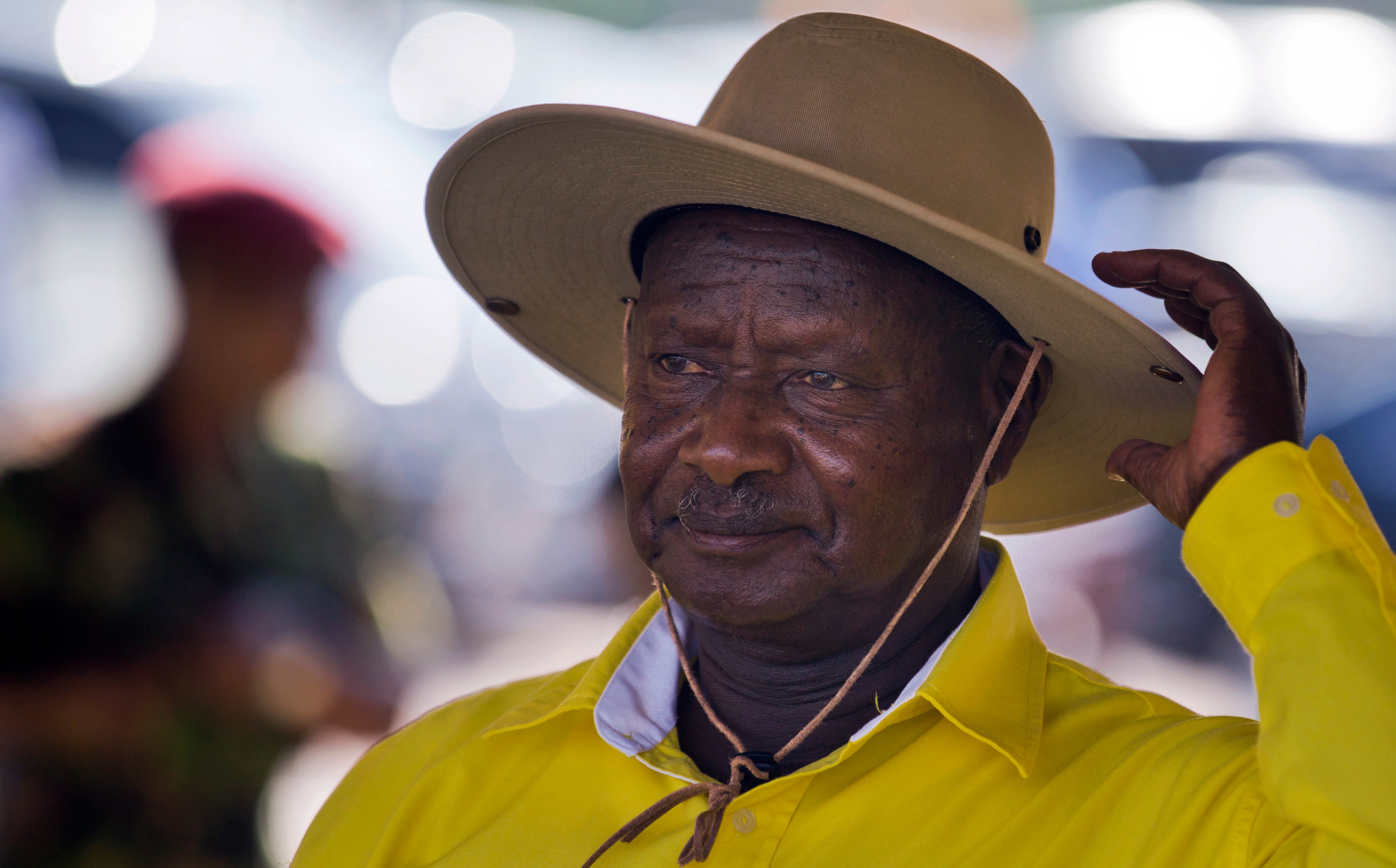US won't observe Uganda's election as accreditations denied
The United States ambassador to Uganda says the embassy has canceled plans to observe the country's presidential election on Thursday

The United States ambassador to Uganda said Wednesday the embassy has canceled plans to observe the country s tense presidential election on Thursday, citing a decision by electoral authorities to deny accreditation to most members of the observation team.
Ambassador Natalie E. Brown expressed “profound disappointment” in a statement saying more than 75% of the accreditations requested had been denied.
“With only 15 accreditations approved, it is not possible for the United States to meaningfully observe the conduct of Uganda’s elections at polling sites across the country,” the statement said. “As we have stated previously, the United States takes no side in Uganda’s upcoming elections. We support a free, fair, peaceful, and inclusive electoral process."
Without “the robust participation of observers,” the statement added, “Uganda’s elections will lack the accountability, transparency and confidence that observer missions provide.”
An electoral commission spokesman was not immediately available for comment.
The U.S. embassy statement came the morning after longtime Ugandan President Yoweri Museveni spoke harshly against development partners, Facebook and unnamed outside groups he accused of “arrogance.”
Uganda's government has repeatedly alleged that foreigners are working in support of the opposition. Museveni's main challenger, the singer and lawmaker known as Bobi Wine, has been accused of being “an agent of foreign interests," which he denies.
Museveni announced that his government had shut down access to social media and blasted Facebook after the social network removed Ugandan accounts linked to his reelection campaign.
"That social channel you are talking about, if it is going to operate in Uganda, it should be used equitably by everybody who wants to use it,” Museveni said of Facebook. “If you want to take sides against the (ruling party), then that group will not operate in Uganda.”
Facebook said this week it had removed some Ugandan accounts because they engaged in alleged coordinated inauthentic behavior.
The allegations of outside interference have contributed to a charged atmosphere, with Museveni deploying the military in the streets of urban centers where authorities fear the opposition is planning riots that could overwhelm the regime.
Wine, whose real name is Kyagulanyi Ssentamu, insists his campaign is nonviolent and he urges his supporters not to be intimidated by the heavy military deployment in Kampala, the capital.
Wine, 38, has captured the imagination of many at home and abroad in his generational clash with the 76-year-old Museveni, who has rebuffed calls for his retirement after 34 years in power.
At least 54 people were killed in November as the security forces put down riots sparked by the arrest of Wine, whose rallies were frequently broken up by police purportedly enforcing coronavirus control measures.
Wine's supporters allege that security forces are cracking down on his supporters. Many have suffered beatings, and at least 49 of Wine's associates and supporters have been criminally charged.
The European Union, which also is not deploying an observer mission, said in a statement Tuesday that excessive use of force by the security forces had tarnished the electoral process.
Ugandan polls are often marred by allegations of rigging and militarization. The country has never seen a peaceful transfer of power since independence from Britain in 1962.
Bookmark popover
Removed from bookmarks